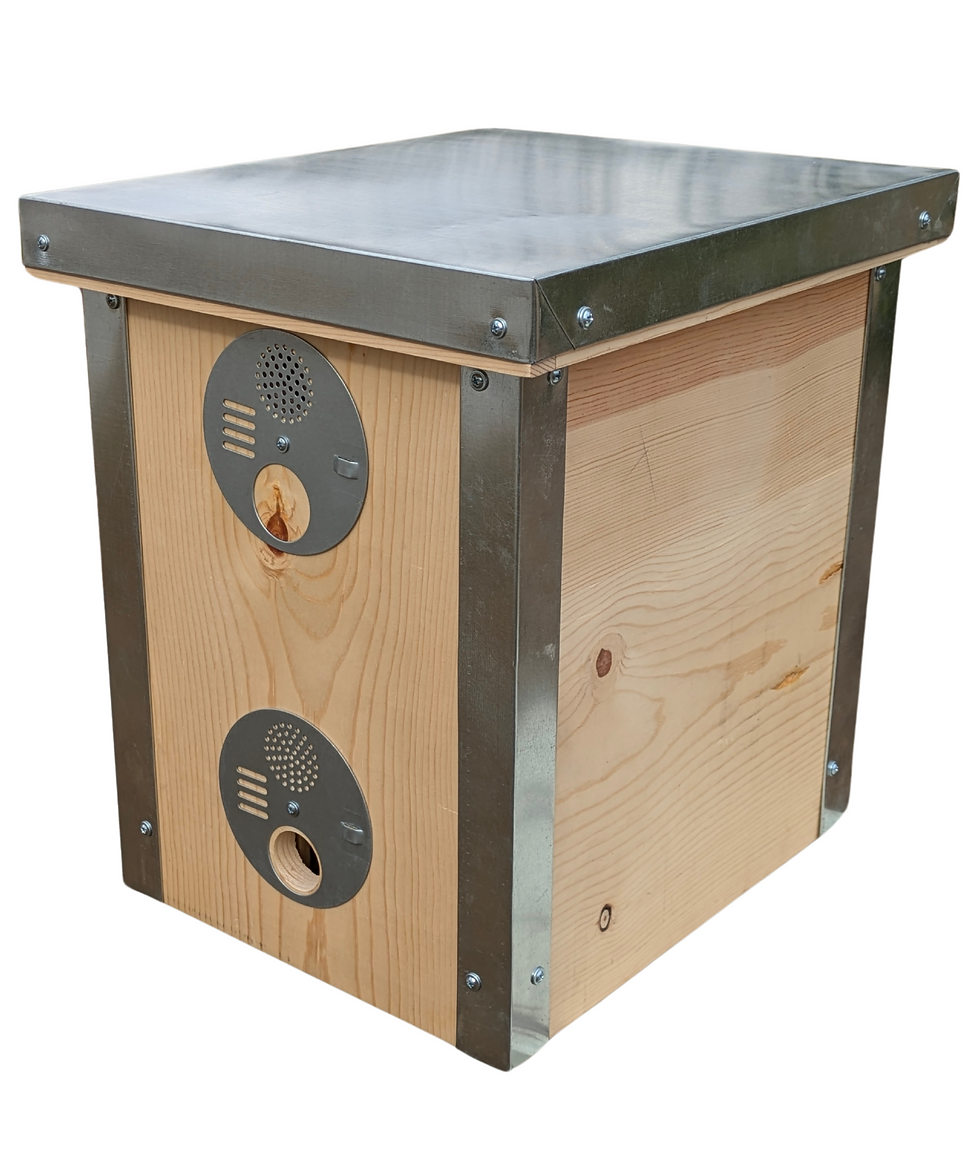Originally grown and sold by Ken Asmus of Oikos Treecrops.
The Shiawassee sunchoke has a superior seed yield compared to most varieties, resulting in predominantly white seedlings with long tubers resembling carrots that can grow up to 12 inches long. When grown from seed, the offspring closely resemble the parent, although occasional variations can occur, including the production of red tubers. This allows for the possibility of quickly breeding one's own unique selections.
Also called sunroot, sunchoke, wild sunflower, topinambur, or earth apple. Jerusalem artichoke is a species of sunflower native to central North America. A hardy and tennacious plant that comes back each year from tubers that overwinter in the ground.
Sunchokes have massive food producing potential and offer crucial calories during the "hungry gap" time of year, from late winter to early spring.
Survival gardeners can rely on sunchokes to thrive even in droughty and adverse conditions. The tubers can be "stored" in the ground and dug when needed anytime throughout the winter.
Take note, however, that you should plant tubers they can be allowed to stay permanently, since they are not easily removed from the garden. Even small tuber pieces will resprout to form a thick cluster of sunchokes in future years.
Tubers will ship ready to be planted or you can temporarily store them in barely-damp peat moss in a refrigerator. Tubers for seed range in size from 1/2" to 2".
Shiawassee Jerusalem Artichoke Tubers
Expected to ship in November.
















